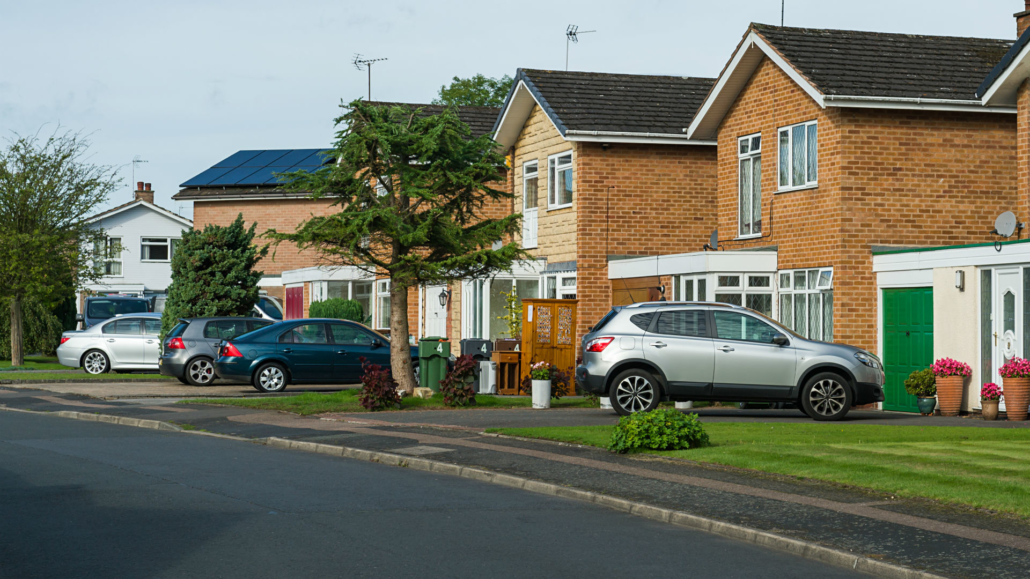
On streets where parking is in short supply, some drivers will resort to desperate measures to find a space.
A frustrating situation for many home owners is when another person parks in front of your driveway.
So, where does the law stand on this issue? And aside from leaving an exasperated note under the car’s windscreen wiper, is there anything you can do?
A public space
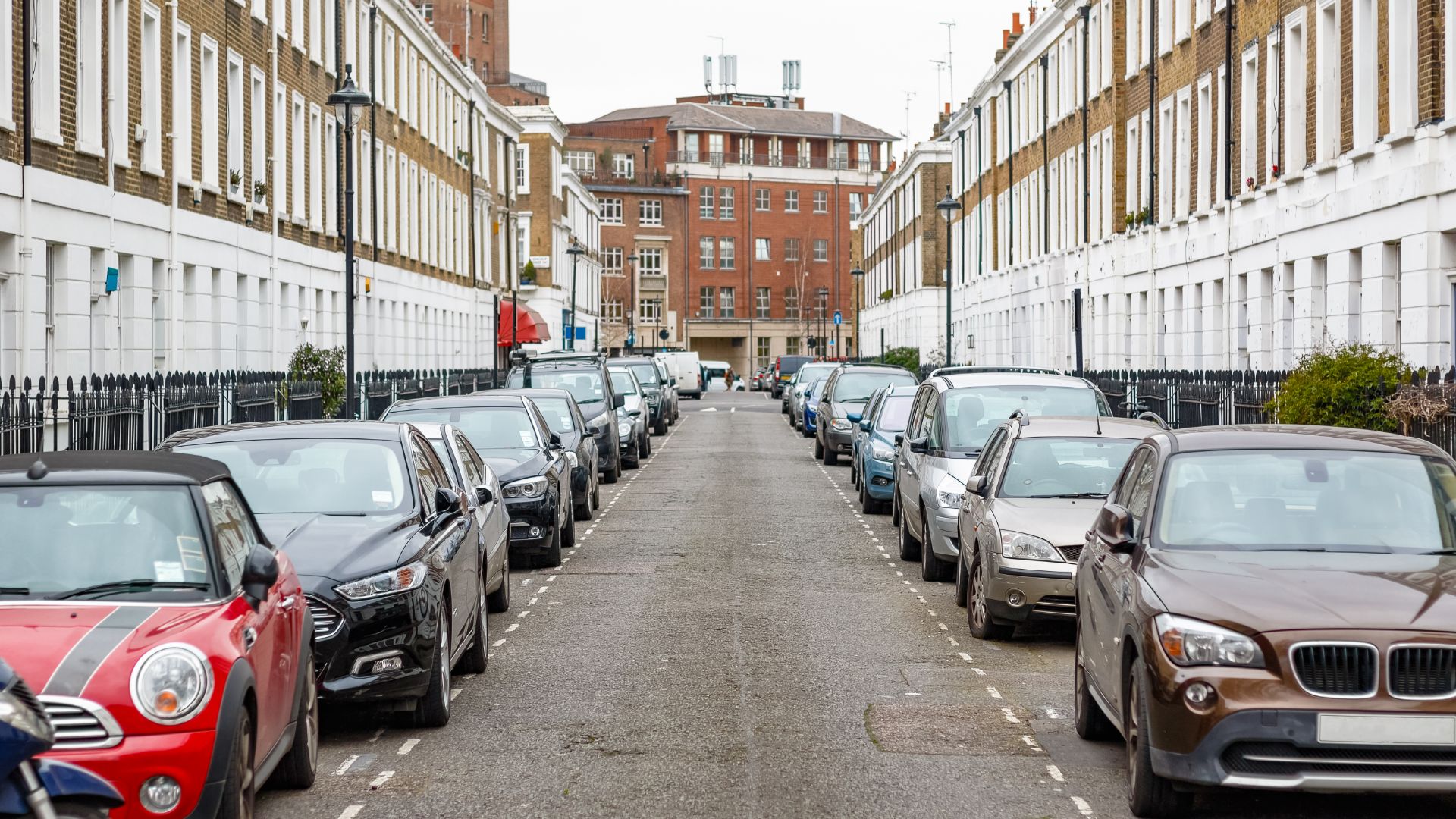
The law is clear on drivers’ rights to park in residential areas. Unless otherwise specified, the parking spaces on your street, and indeed outside your home, are available to all.
The police will remind you that it’s not ‘your right’ to park in front of your house.
That said, there is one situation where this doesn’t apply: areas that require resident parking permits. These have proliferated where commuter parking is rife – e.g. close to train stations. These zones require a permit, available to residents only, to be displayed during certain periods of the day.
Also, the rules state that you’re not allowed to park ‘in front of an entrance to a property’, or ‘anywhere that would prevent access for emergency services’.
Places you should NOT park
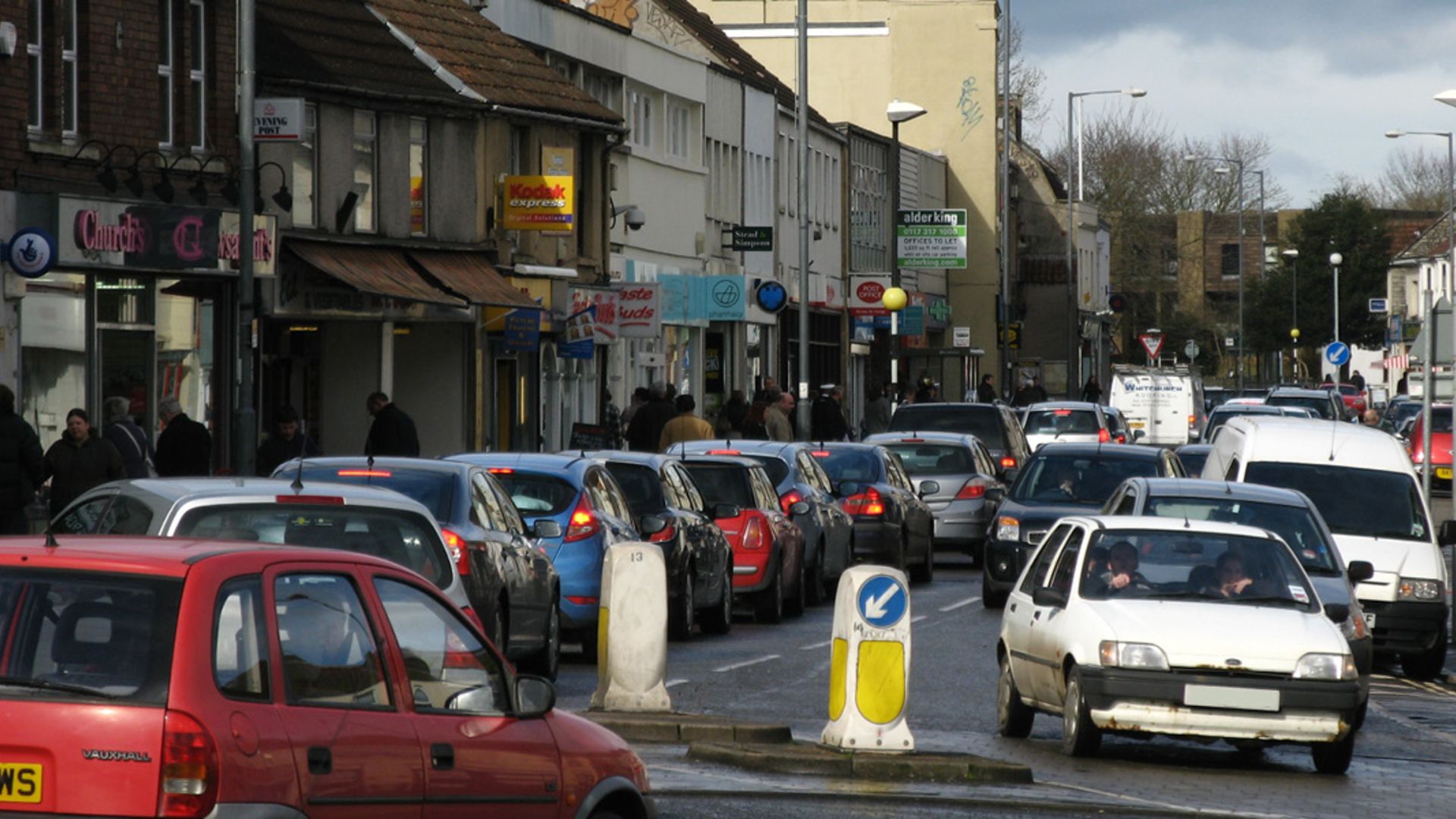
There are a number of areas where you are definitely not allowed to park. These are marked by zig-zag, red or double yellow lines.
You should also avoid cycle lanes, marked taxi bays and close proximity to bus or tram stops, if the signs indicate as such.
Parking near to school entrances is also not allowed, along with areas close to junctions, plus parking spaces for Blue Badge holders and motorcycles.
Driveway parking: the law
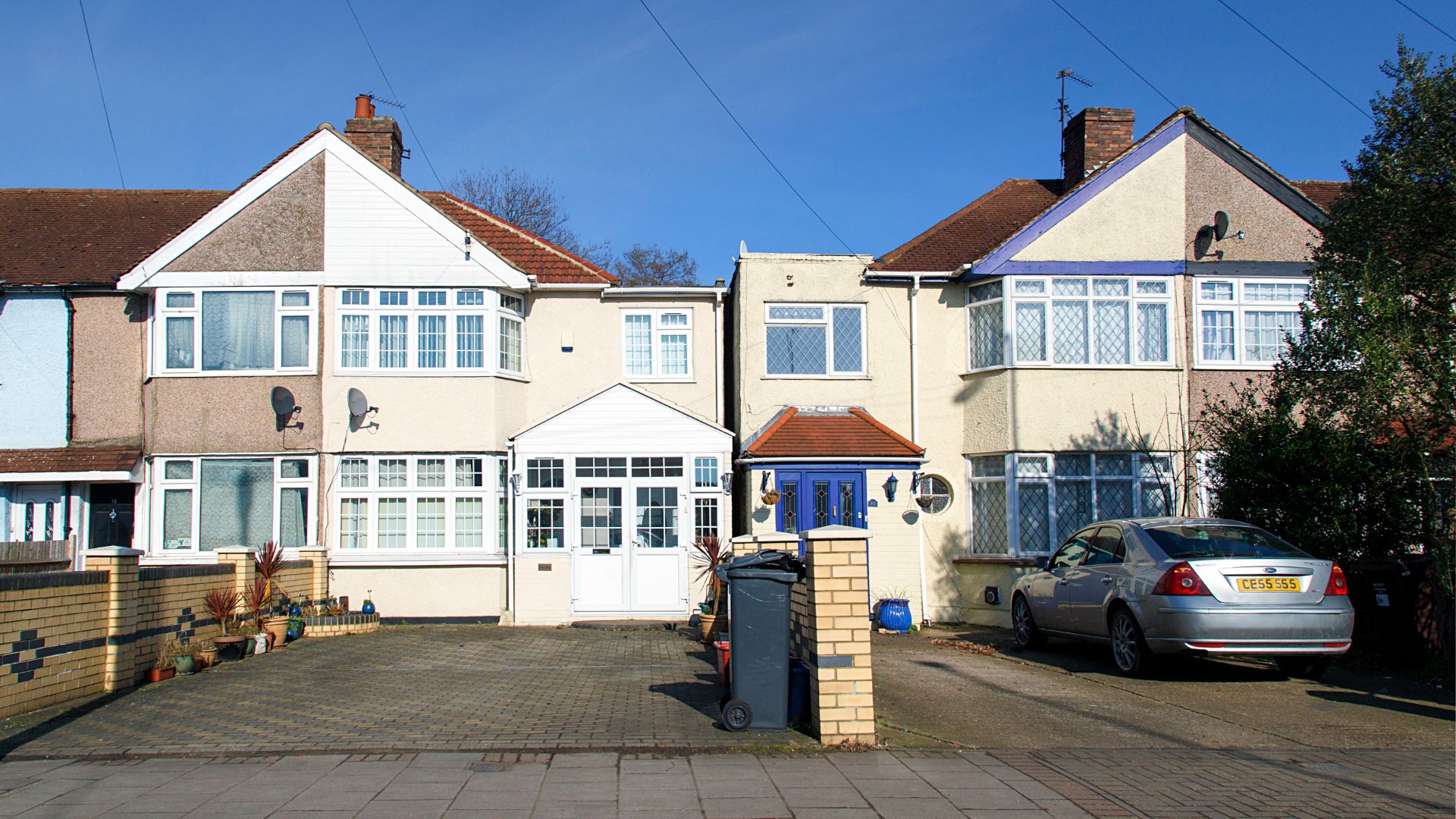
Where people are not allowed to park is in front of your driveway, provided, of course, that there is a dropped kerb.
Dropped kerbs, be they for pedestrians or for drivers, are a no-go zone for parking. Your vehicle can be ticketed for even partially covering one. Parking close to a dropped kerb, however, even if it restricts access, is not illegal.
What also isn’t illegal, bizarrely, is parking on someone else’s driveway. It’s private property, and therefore a civil issue, rather than a criminal one.
Not so civil
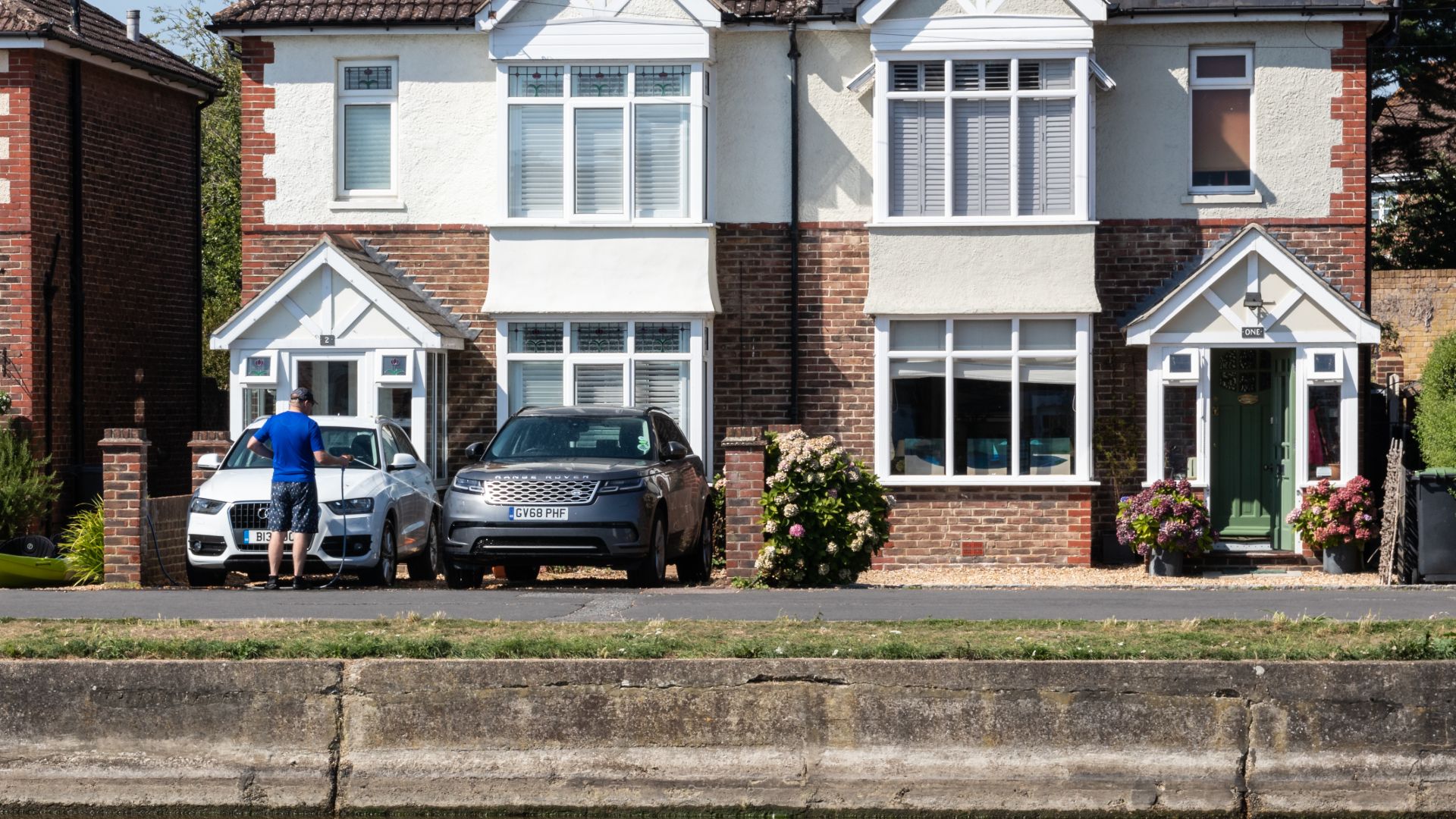
“In a bizarre way, the system seems to favour the offender over the victim in this case,” said Jack Cousens, head of roads policy for the AA.
“Because the offence of trespass is a civil matter the police cannot get involved, and as the vehicle is on private land the council cannot help either. So the only options available to homeowners seeking to get back what is rightfully theirs, cost both time and money.”
Provided the car is taxed, insured, has an MOT and is in safe condition, this is an issue way down the priority list of the authorities. Thankfully, it’s not very common.
ALSO READ:
Revealed: the UK’s most obscure parking laws